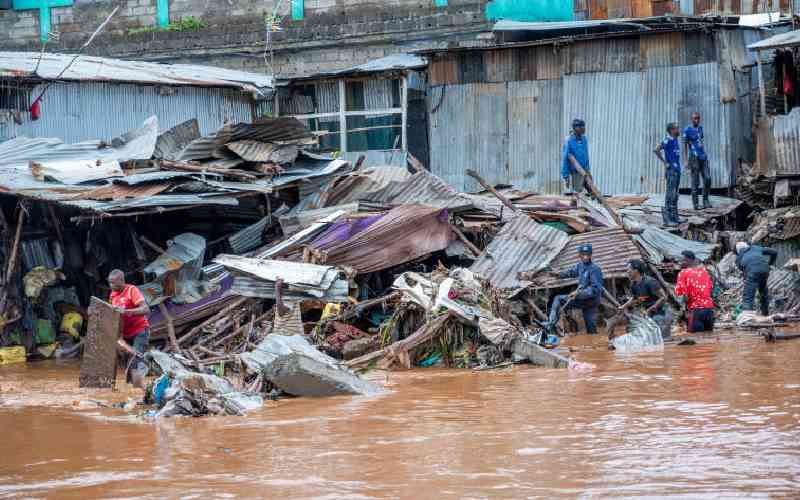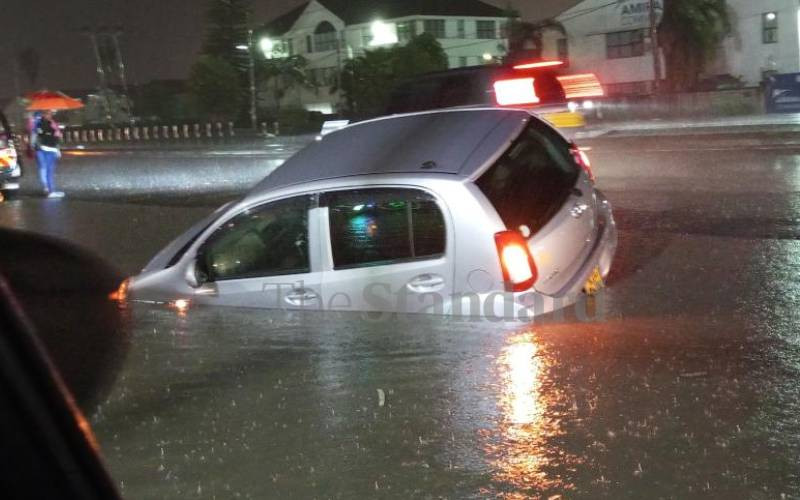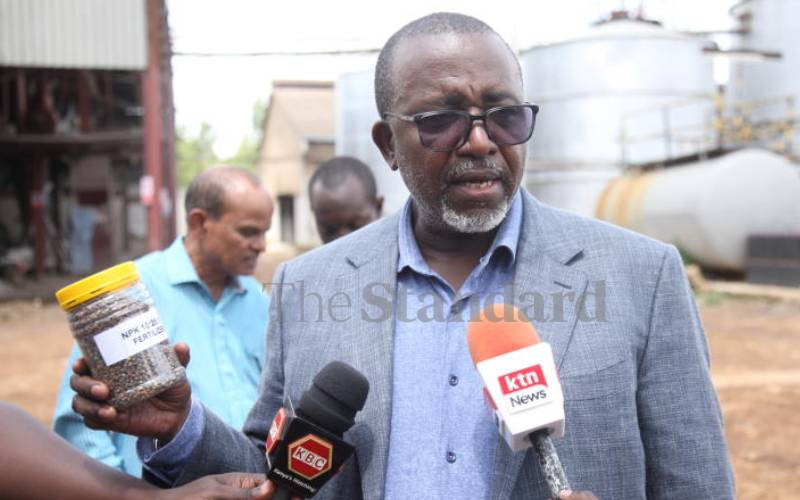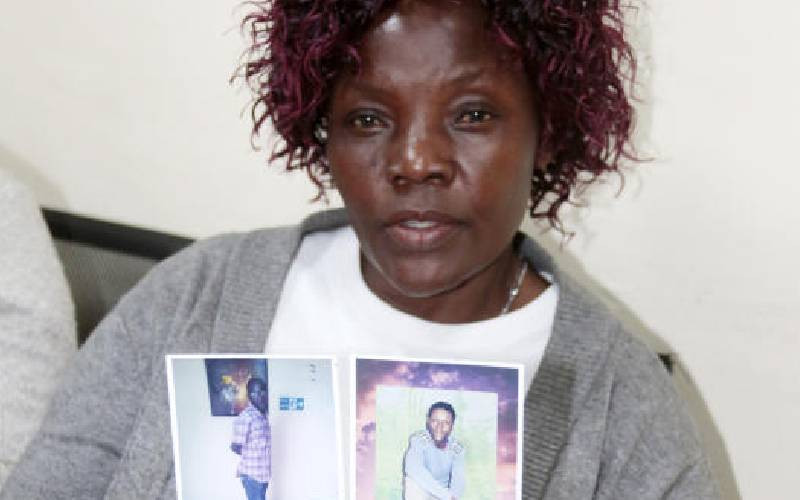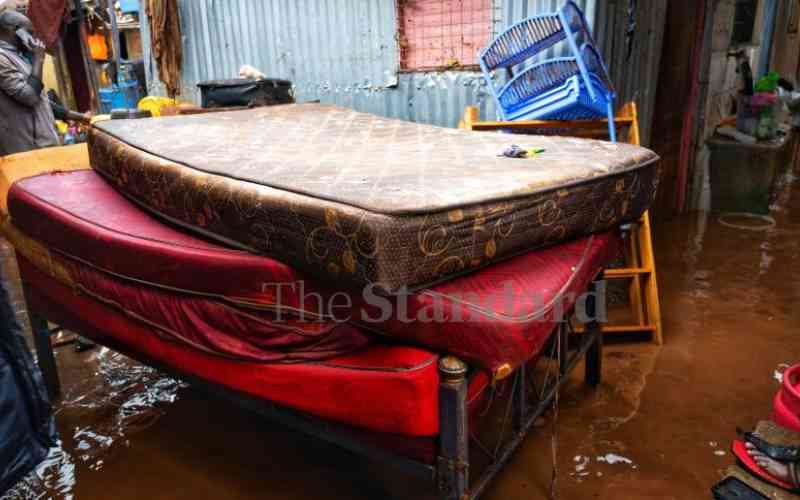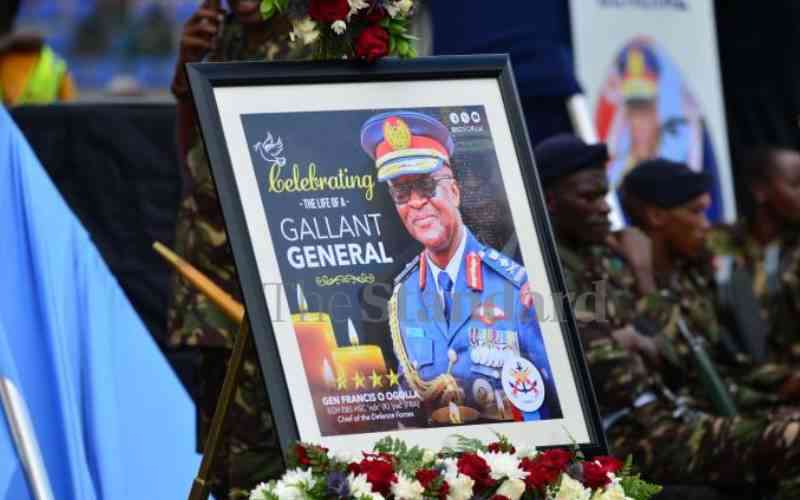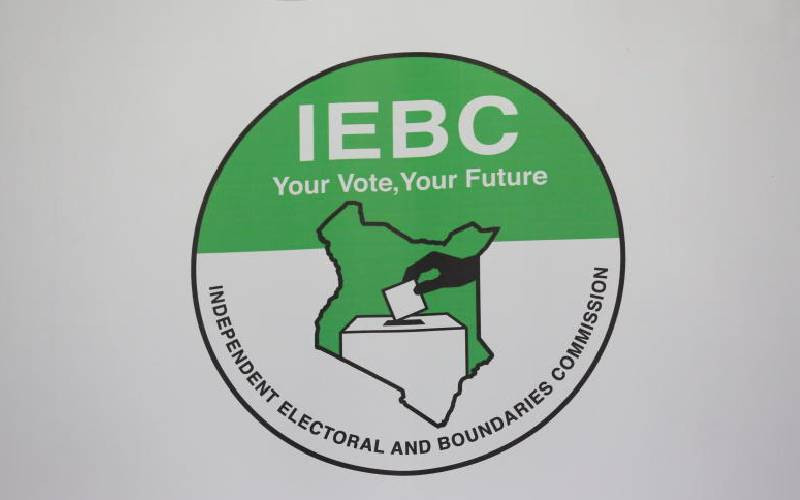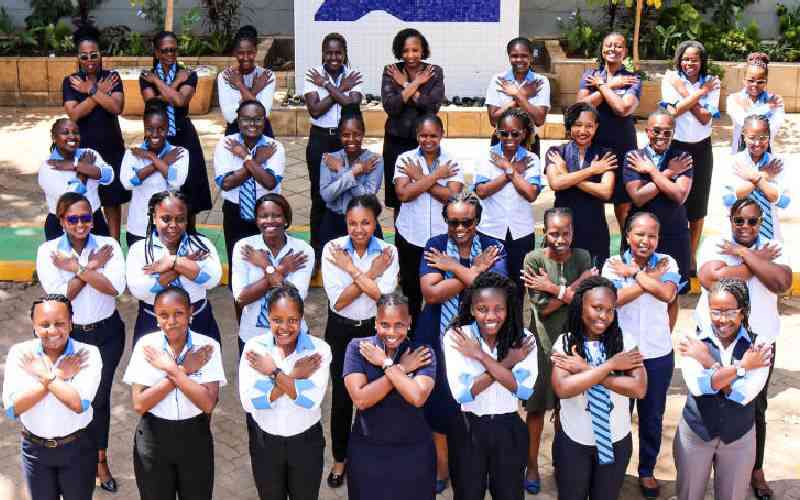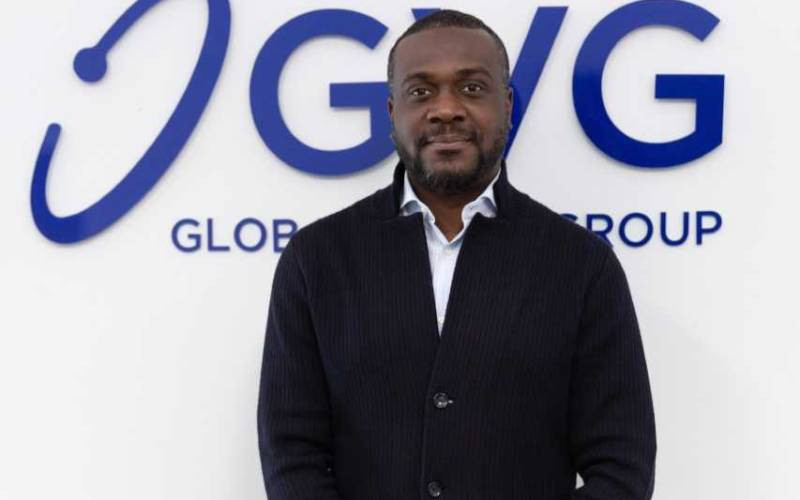
For persons with albinism, climate change, as is currently being experienced, is a matter of life and death.
This opinion piece is written as a tribute to two youthful community champions with albinism from Kitui County who died from complications related to skin cancer, as a result of long-term exposure to the sun. The two took part in a project that sought to document the impact of climate change among people with albinism in Machakos, Kitui and Kajiado counties.
The project by Black Albinism, a youth led disability organisation at the forefront of advancing the rights of people with albinism through advocacy and implementation of inclusive programmes for people with albinism, found out that climate change has compounded health, economic and social challenges faced by persons with albinism.
People with albinism lack skin melanin that is important for protection from the sun’s UV rays. Climate change has led to increased temperature and higher exposure to the sun’s rays.
The hot sun increases the chances of developing cancerous skin conditions as the need to frequently and consistently apply sunscreen lotion is limited due to the cost of accessing the lotions or even the ability to stick to an appropriate routine of applying the sunscreen lotion. Although the sunscreen lotions are freely supplied by the government, the cost of accessing them, in terms of time and traveling costs is too high for some people with albinism.
In addition, socio-economic activities taken up by people with albinism such as farming, open air markets, boda boda riding among others increase exposure to the sun’s rays. The situation is even more intense for women with disabilities, who in addition to livelihood activities are often responsible for domestic activities such as fetching water and firewood.
In October last year, a UN expert indicated that climate change is having a dangerous impact on people with albinism worldwide and contributing to high rates of skin cancer deaths in some regions. Muluka-Anne Miti-Drummond, the Independent Expert on albinism said that in Africa alone, it is estimated that persons with albinism are up to 1,000 times more likely to develop skin cancer than those without, with many dying by the age of 40.
As the project in the three counties found out, climate change challenges for persons with albinism are more pronounced, both for their health, as well as their life in the community. For example, the intense sun not only restricts their participation in income generating activities, increasing their vulnerability to economic hardships, but also those involved in farming and external business activities face higher operating costs due to the need for special protective measures.
- Amid climate change, mosquitoes migrate; will malaria follow?
- Kenyan scientist elected as vice chair of global Climate panel
- Caxton Osozie: Rising above rejection due to genetic condition
- Health adversely hit by climate change, experts say
Keep Reading
Certainly, the climate agenda has taken centre-stage in the recent past and it is imperative that communities have the awareness of the adverse climate effects, more so to vulnerable groups within communities.
The African Leaders Nairobi Declaration on climate change and call to action made by heads of states and government who gathered in Nairobi in September 2023, acknowledged that climate change is a great challenge facing humanity and a threat to life on earth.
They demanded an urgent and concerted action from all nations to lower emissions and reduce concentration of greenhouse gases in the atmosphere. Civil society organisations however felt that the Declaration fell short on delivering for vulnerable communities rather focusing heavily on business and investments in carbon trading and negating the interest of the most vulnerable. The Sixth Assessment Report of the Intergovernmental Panel on Climate Change reported that Africa is warming faster than the rest of the world. It means that unless things change, climate change will continue to have adverse impacts on African societies, negatively affecting the wellbeing of communities.
Positive change must happen. For persons with albinism, some of the proposals on addressing current needs include targeted interventions such as providing protective wear for entrepreneurs with disabilities including farmers with albinism in addition to the standard provisions other entrepreneurs receive; improved distribution of sunscreen lotions and ensuring a coordinated effort between agencies and local administration to ensure sunscreen lotions are accessible at the village level, as well as aiding those who cannot reach county or sub-county distribution centres.
There is also need for awareness about the appropriate use of protective measures among persons with albinism, emphasising their unique needs in the face of climate change.
In essence, as the world grapples with the multifaceted challenges of climate change, persons with albinism require distinct attention to ensure their well-being, economic stability, and social inclusion.
-Ms Wang’ombe is a social inclusion specialist. Ms Ombati is a disability rights advocate
 The Standard Group Plc is a multi-media organization with investments in media platforms spanning newspaper print
operations, television, radio broadcasting, digital and online services. The Standard Group is recognized as a
leading multi-media house in Kenya with a key influence in matters of national and international interest.
The Standard Group Plc is a multi-media organization with investments in media platforms spanning newspaper print
operations, television, radio broadcasting, digital and online services. The Standard Group is recognized as a
leading multi-media house in Kenya with a key influence in matters of national and international interest.

